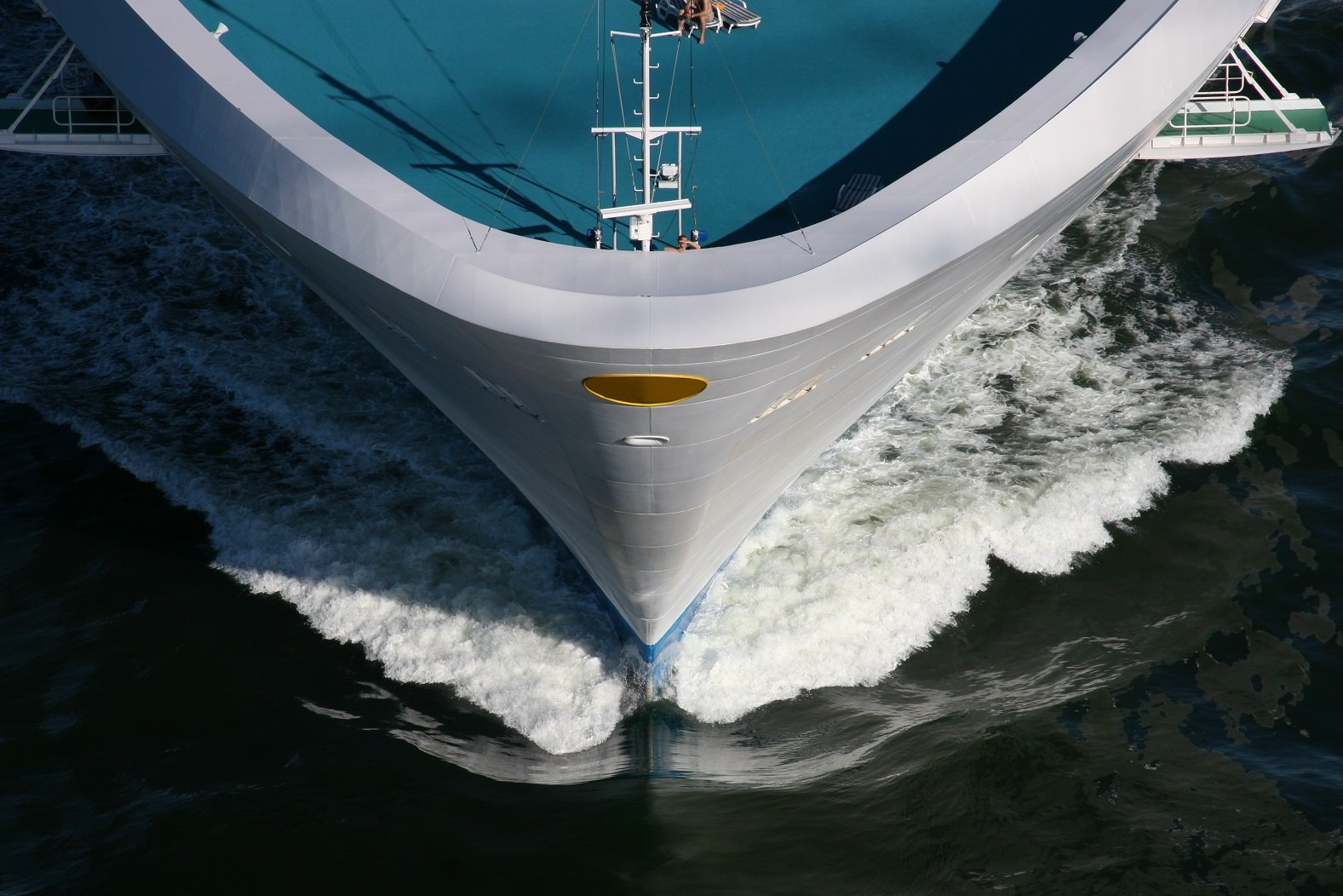What happened
Shares of the major cruise giants Carnival (CCL 1.70%), Royal Caribbean (RCL 3.33%), and Norwegian Cruise Line (NCLH 0.71%) all beat the market last month by gaining between 17% and 23% compared with an 8% spike in the S&P 500, according to data provided by S&P Global Market Intelligence.
The rally improved shareholders' positions to start 2019, but each of these stocks has underperformed over the wider 52-week period.
Check out the latest Norwegian Cruise Line, Royal Caribbean, and Carnival earnings call transcripts.

Image source: Getty Images.
So what
January's rally was supported by an unusually strong stock market surge, with major indexes posting their best start to a year in over three decades. Cruise stocks had been hit especially hard by the drawdown in late 2018, and so they were in a prime position to rebound once investor sentiment shifted, as it did dramatically last month.
General market psychology delivered only part of the gain for these stocks, though, with the rest coming from positive company-specific news. Royal Caribbean announced late in the month that sales gains sped up to a 7% rate in the fiscal fourth quarter thanks to the combination of rising ticket prices, higher occupancy, and increased onboard spending by passengers. The industry's second-biggest player notched several impressive operating and financial wins, including its third straight year of improving occupancy and rising prices. These gains powered strong cash flow and another year of sharp earnings growth.
Industry leader Carnival had similarly positive things to say about 2018 in its own report in late December, which showed surprisingly strong sales and profit growth. For its part, Norwegian Cruise Line notched a range of financial records in its most recent quarter, led by a 4% sales boost, when it announced results in early November.
Now what
All three cruise giants have had almost uniformly positive things to say about 2019. Norwegian called the booking environment "robust" leading as far as 2020, and Carnival predicted record revenue for 2019, although growth rates are likely slowing versus 2018. Similarly, Royal Caribbean said in late January it is seeing healthy ticket demand, both in terms of volume and average prices.
These positive trends have convinced the cruise giants to continue pouring money into their businesses, for new ships and upgraded terminals and vacation ports, among other things.
Sure, that spending raises the risk that these businesses will be stuck with too much capacity or too high a cost structure when the next industry downturn hits. Among investors' other key concerns are worries around slowing global economic growth, trade wars, fuel costs, and the risk of another rough hurricane season in the key Caribbean market.
Still, as Royal Caribbean CEO Richard Fain pointed out in a conference call with investors last month, the industry has faced many similar issues in recent years, including the Zika virus outbreak in 2015 and disruptive hurricane events in 2017. Through these challenges, each of the industry's biggest players has posted significant sales and profit growth while methodically expanding its fleet and achieving higher returns on invested capital.
Those successes should help make these cyclical stocks a bit less sensitive to broader market swings over time. However, shareholders are still likely to experience volatility in periods like this when investors' global growth expectations swing -- as they did in late 2018 and early 2019.








